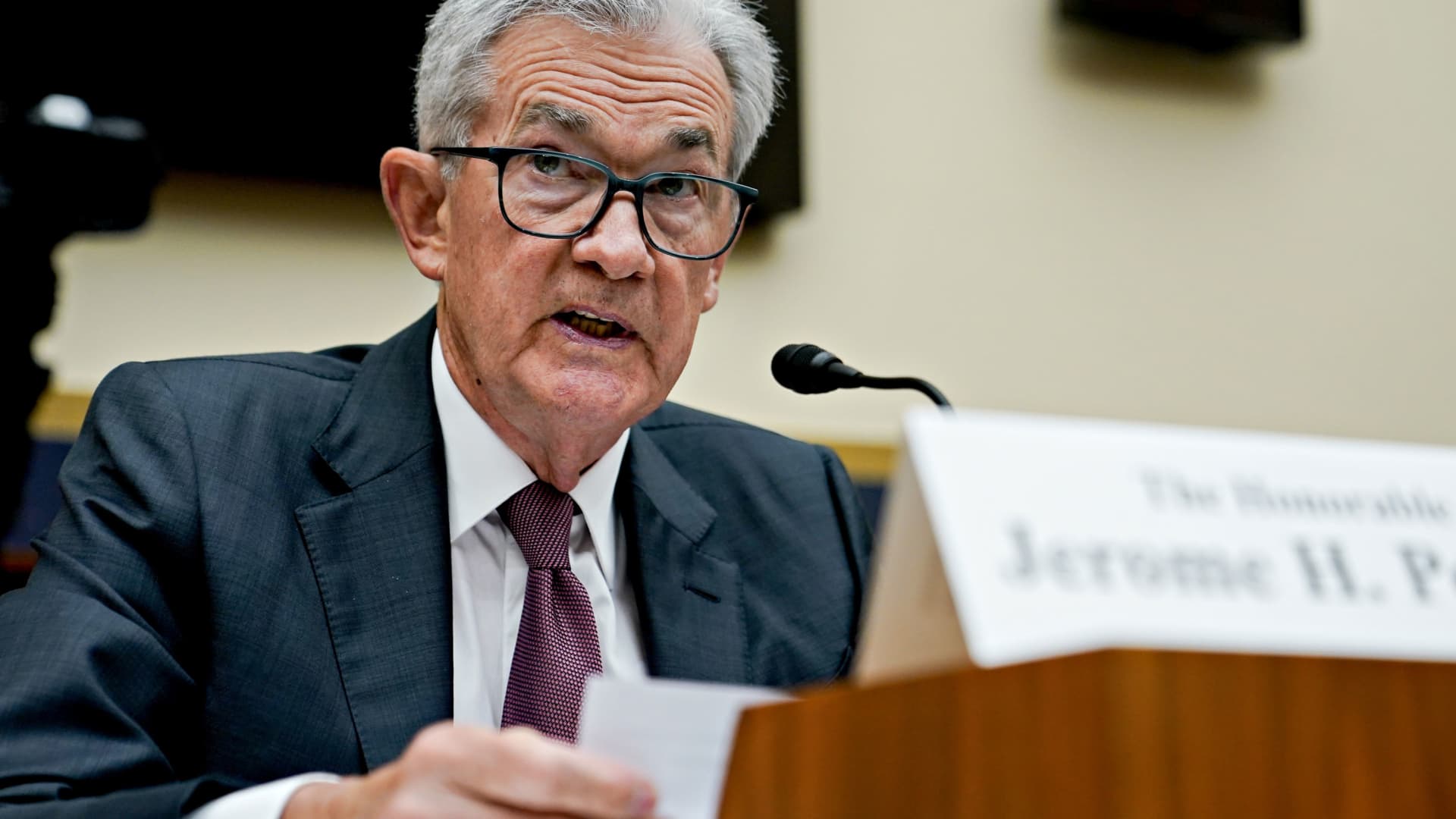Martin Puddy | Digital vision | Getty Images
A version of this article first appeared in CNBC’s Inside Wealth newsletter with Robert Frank, a weekly guide for wealthy investors and consumers. Sign up to receive future issues straight to your inbox.
The wealth of the top 1% reached a record $44.6 trillion at the end of the fourth quarter as a year-end stock rally boosted their portfolios, according to new data from the Federal Reserve.
The total net worth of the top 1%, defined by the Fed as those with assets over $11 million, rose $2 trillion in the fourth quarter. All profits came from their stock holdings. The value of company stocks and mutual fund shares held by the top 1% rose to $19.7 trillion from $17.65 trillion in the previous quarter.
While their real estate values rose slightly, the value of their private companies fell, essentially wiping out all other gains outside of stocks.
The quarterly profit marked the latest continuation of an unprecedented wealth boom that began in 2020 as markets surged due to the Covid-19 pandemic. Since 2020, the wealth of the top 1% has increased by nearly $15 trillion, or 49%. Middle-class Americans also saw an increase in wealth, with the middle 50% to 90% of Americans seeing a 50% increase in wealth.
Economists say the rising stock market is giving consumer spending an extra boost through the so-called “wealth effect.” As consumers and investors watch their stock holdings soar, they become more confident about spending money and taking more risks.
“The wealth effect of rising stock prices is a strong tailwind for consumer confidence, spending and overall economic growth,” said Mark Zandi, chief economist at Moody’s Analytics. “Of course, this highlights the vulnerability of the economy if the stock market were to falter. This is not the most likely scenario, but it is a scenario considering stocks appear highly (over)valued.”
However, the latest report also makes it clear that the US continues to have top-heavy stock ownership. According to the Fed report, the top 10% of Americans own 87% of individually held stocks and mutual funds. The top 1% owns half of all shares held individually.
Economists say a rising stock market delivers huge benefits to the rich, particularly stimulating the high end of the consumer and spending markets. The prosperity of middle-class and low-income Americans depends more on wages and real estate values than on stocks.
“The households in the top third of the income distribution, which own the majority of stock holdings, account for about two-thirds of consumer spending,” Zandi said.
Liz Ann Sonders, chief investment strategist at Charles Schwab, said stocks account for a growing share of the wealth of the top 1%. At the end of 2023, stocks accounted for 37.8% of the top 1%’s total share of household wealth, up from a recent low of 36.5%.
But because the rich don’t have to spend as much of their profits – a phenomenon known as marginal consumer propensity – Sonders said the additional stock wealth for the 1% may not have a significant impact on the consumer economy.
She noted that consumer confidence among those earning more than $125,000 a year has been “secularly declining” since 2017, according to the Conference Board.
“While the rise in stock prices may be accompanied by stronger confidence, it does not necessarily indicate higher spending at the top end,” she said.
With the S&P 500 Since upper-class wealth has already increased by 10% this year, it is likely that upper-class wealth will already have exceeded the record level by the end of 2023. While inequality fell slightly in 2021 and 2022 due to rising wages and rising house prices, the wealth gap has widened since then and has crept back to pre-pandemic levels.
The top 1% accounted for 30% of the country’s wealth at the end of the fourth quarter, while the top 10% accounted for 67% of all wealth.
Sign up to receive future editions of CNBC’s Inside Wealth newsletter with Robert Frank.
Source link
2024-03-28 20:32:39
www.cnbc.com
















